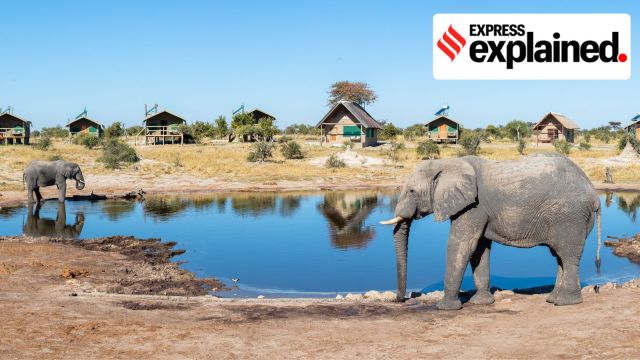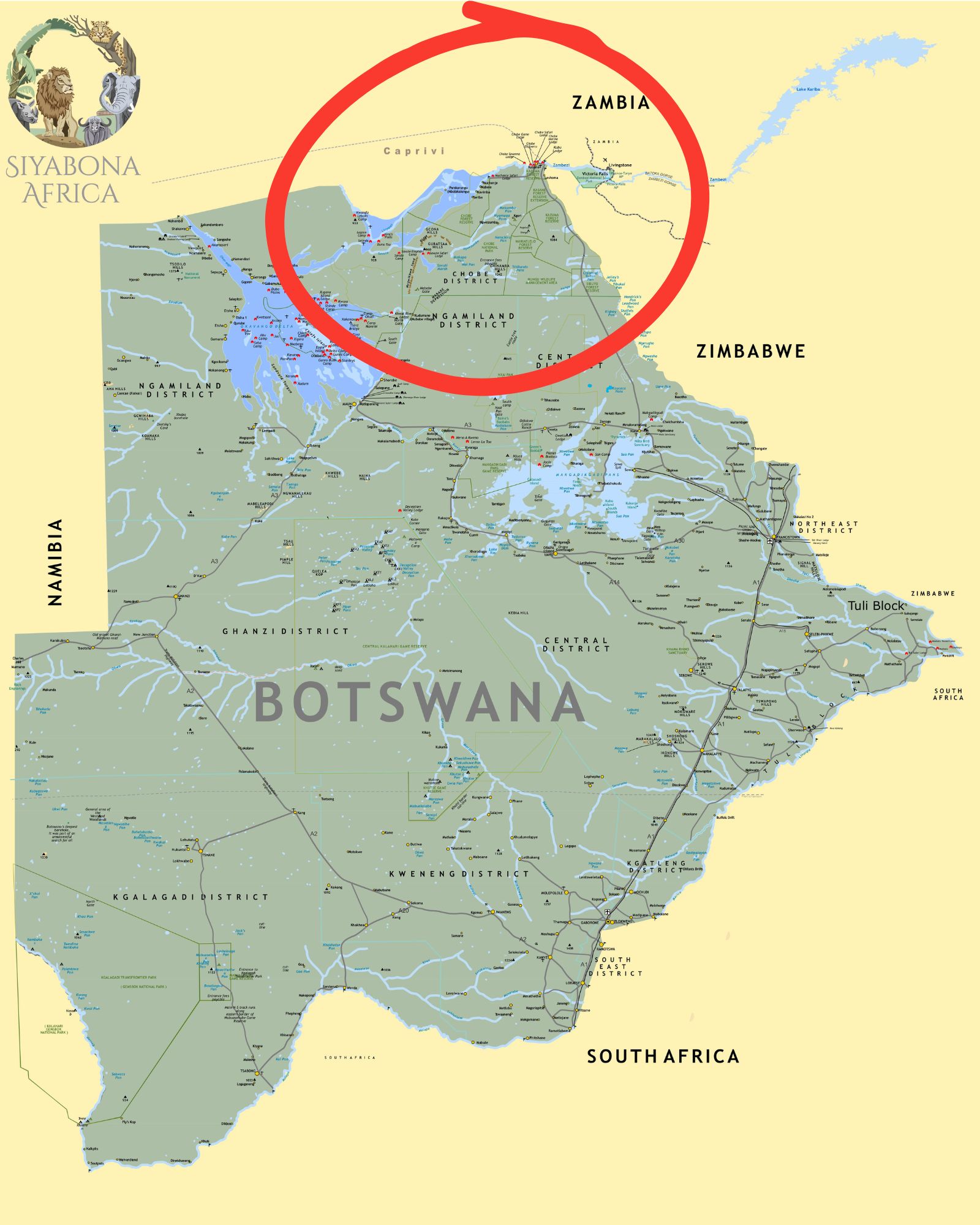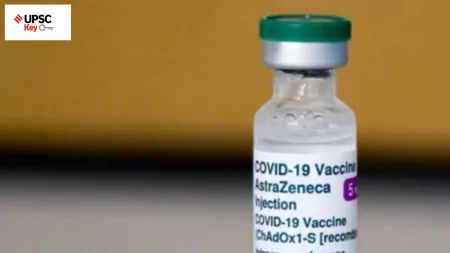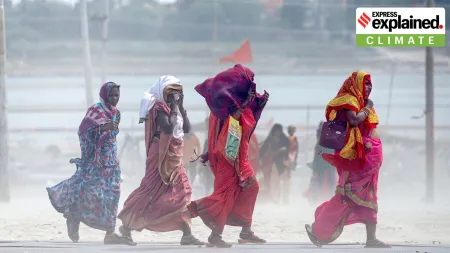- India
- International
Why Botswana threatened to send 20,000 elephants to Germany
Botswana has an elephant problem — there are simply too many of them. That is why, when Germany proposed to enact stricter limits on import of hunted trophies, Botswana’s president clapped back.
 Due to rising elephant populations, human-animal conflict has skyrocketed in Botswana. (Diego Delso/ Wikimedia Commons)
Due to rising elephant populations, human-animal conflict has skyrocketed in Botswana. (Diego Delso/ Wikimedia Commons)Botswana’s President Mokgweetsi Masisi on Wednesday (April 3) threatened to send 20,000 elephants to Germany. The statement came after Germany, earlier this year, proposed to enact stricter limits on the import of trophies from hunting animals.
In an interview with German tabloid Bild, President Masisi said such a move by Germany — one of the largest importers of hunting trophies in the European Union — would impoverish people in his country. He also said that hunting helped curb the skyrocketing number of elephants in Botswana, home to around the world’s largest elephant population (roughly 1.3 lakh).
Here is why Botswana doesn’t want Germans to stop hunting elephants.
But first, why are there so many elephants in Botswana?
Botswana, unlike its neighbours, has been a safe haven for elephants due to its stable government, and small human population.
For instance, after conflict-spurred mass poaching in Namibia and Angola, elephants, known to be highly intelligent creatures, stopped crossing the Chobe river, preferring to stay in the safer Botswana instead.

 The Chobe river, also known as the Linyanti, flows through Angola and Namibia, and forms the northern border between Namibia and Botswana. It lies directly on ancient elephant migration routes. (Government of Botswana)
The Chobe river, also known as the Linyanti, flows through Angola and Namibia, and forms the northern border between Namibia and Botswana. It lies directly on ancient elephant migration routes. (Government of Botswana)
Botswana also implemented strict conservation policies. When poaching incidents were on a rise in 2013, it announced a ‘shoot-to-kill’ policy targeting suspected poachers. The next year, the country also imposed a ban on trophy hunting — hunting that previously took place under an official government licence.
For these reasons, the elephant population in the country has steadily increased over the years. While in the early 1960s, there were fewer than 10,000 elephants in the country, by the mid-1990s, the population had touched 80,000, according to a report by Conservation Frontlines, an environmental conservation organisation.
Today, elephants inhabit about 40% of Botswana’s land.
Why have elephants become an issue for Botswana?
Botswana’s rising elephant population has led to a spike in human-animal conflict. Media reports suggest that the animal has become a menace for the country’s rural communities, regularly damaging homes, drinking water from pipes, feeding on or destroying crops, and trampling people and cattle to death.
Take the example of Gobojango, a small town in Botswana. One resident told radio station Voice of America: “We are now forced to collect our livestock early as we are afraid of the elephants … In the cattle posts, people have deserted, it’s only empty homes. By 4 pm, we have rounded off the animals … so that by the time the elephants come, they do not find anyone. We wake up in the morning only to find their tracks. There are too many elephants.”
Another resident, who used to be a horticulture farmer, told VoA that “he was forced to abandon his trade because elephants constantly invaded his farm, and the compensation for loss of crops from the government was insufficient.”
A large population of elephants also threatens other species, and leads to significant biodiversity loss and habitat degradation — elephants tear down trees for fodder and consume large amounts of water, which can cause a decline in non-elephant wildlife.
So, is hunting the only solution?
In an effort to deal with the problem, Botswana has donated elephants to other countries. Last year, it gave away around 8,000 elephants to neighbouring Angola and, in 2022, it donated 500 elephants to Mozambique. The exercise, however, has not really made a dent in the animal population. With more than one lakh elephants in Botswana, contraception is also not an option.
This is why the country lifted its ban on trophy hunting in 2019. Botswana has argued that it not only helps limit the number of elephants, but also boosts the local economy with hunters, often from other countries, paying much as $50,000 for each elephant killed.
Botswana’s government said the practice brought $5 million to local communities in 2021, according to a report by Morning Brew — and there is a scope to make even more money. “Trophy hunters injected $250 million into South Africa’s economy yearly and supported 17,000 jobs, according to one estimate in 2018,” the report said.
Authorities have also argued that regulated trophy hunting ultimately helps the species that hunters target. Governments can use rich hunters’ money for conservation, and share profits with local communities, which can prevent habitat loss and better protect animals.
Western countries and animal rights advocates, however, deem the practice to be unethical, responsible for exacerbating population decline of imperilled species. “Trophy hunters prefer to kill the largest, strongest animals, whose loss causes population declines,” conservation group Humane Society International’s (HSI’s) website states.
Furthermore, their contribution to the economy might also be overstated. “In eight key African countries, trophy hunters contribute at most 0.03 percent of gross domestic product (GDP) and at most 0.76 percent of overall tourism jobs,” the HSI claims. Lastly, many allege that local communities do not benefit from trophy hunting as advertised due to rampant corruption.
Nonetheless, many experts argue that outright banning is not necessarily the right move. Conservation geographist Enrico Di Minin, from the University of Helsinki, told NPR: “If countries want to ban trophy hunting, they need to have an alternative source of revenue worth hundreds of millions of dollars every year… Just banning things without knowing the consequences is actually creating more problems for the species.”
More Explained
EXPRESS OPINION
May 02: Latest News
- 01
- 02
- 03
- 04
- 05








































